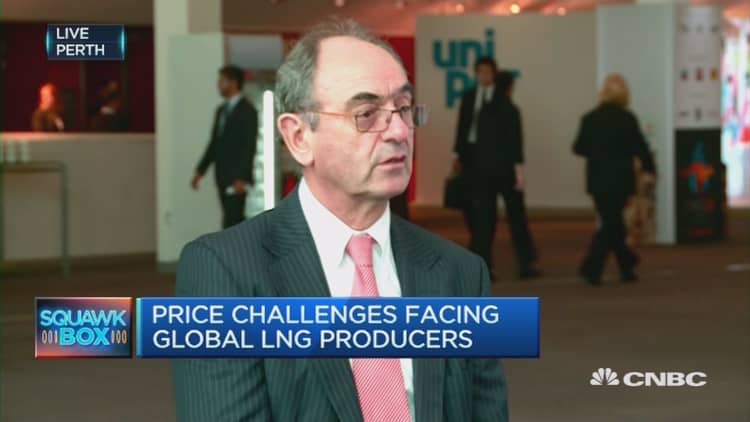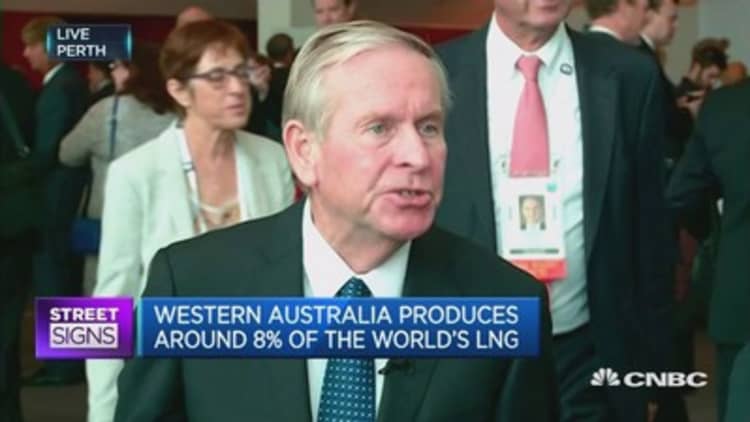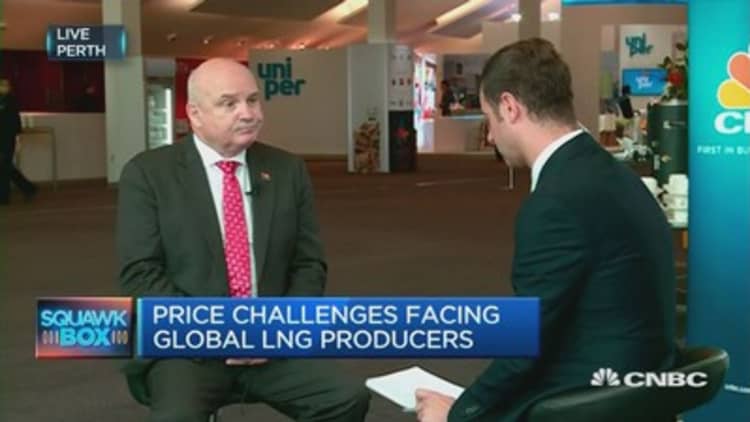


Weaker-than-expected demand has hit the once-buoyant liquefied natural gas (LNG) market, but 18-year-low prices have their upside, as the slump is attracting new customers.
Speaking at an industry conference in Perth, market insiders said current low prices are luring new importers and will encourage substitution.
South Africa and South America, for instance, are looking at importing LNG to help alleviate energy shortages, said Graeme Bethune, chief executive of consulting firm EnergyQuest.
"Cleaner and greener is part of it; lower prices are part of it. The other important part of it is also energy security," he added.
LNG is a natural gas, mostly methane, that has been cooled until it becomes liquid for easier transport and storage. It is a cleaner-burning fossil fuel than rivals coal and oil.
But LNG prices have come under pressure from macroeconomic uncertainties amid a slowdown in China and burgeoning supply from mega projects in Australia, which would make the country the world's biggest LNG producer by 2020, with production of 85 million tons a year.
Bethune did not say if the increase in demand would offset economic uncertainties in China and Japan's restart of its nuclear plants, but there are signs of support.
"We are seeing countries with a long…tradition in consuming and producing coal moving to natural gas," said chairman of the French Gas Association, Jerome Ferrier.
"LNG at these sorts of pricing is going to be very, very competitive as an energy source," said Oil Search chief executive Peter Botten, who estimates an oversupply of 70 million tons in Australasia.




